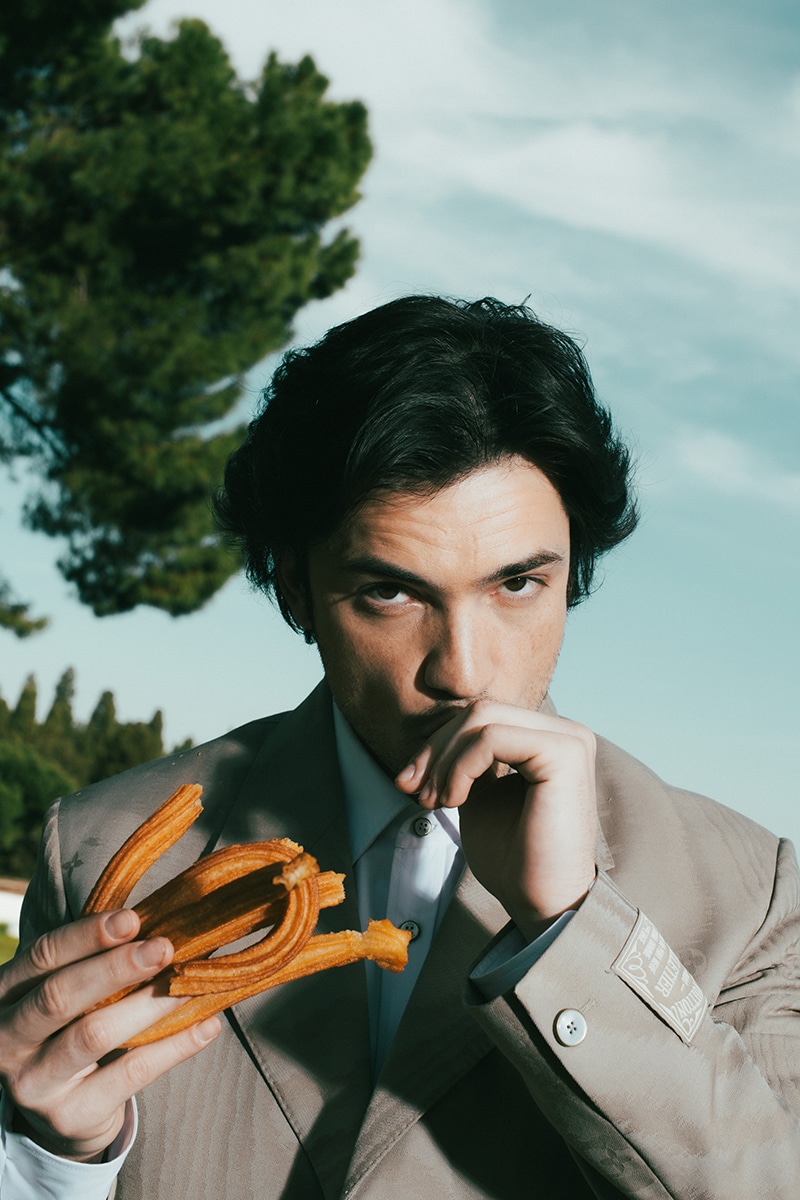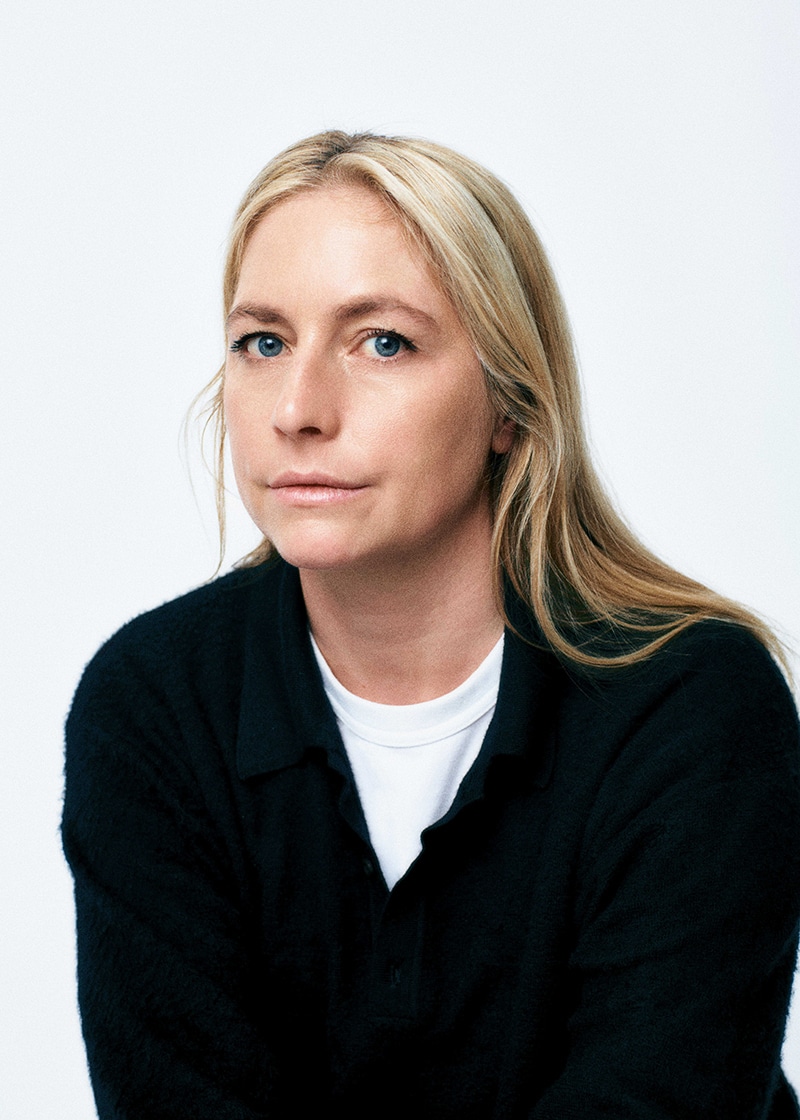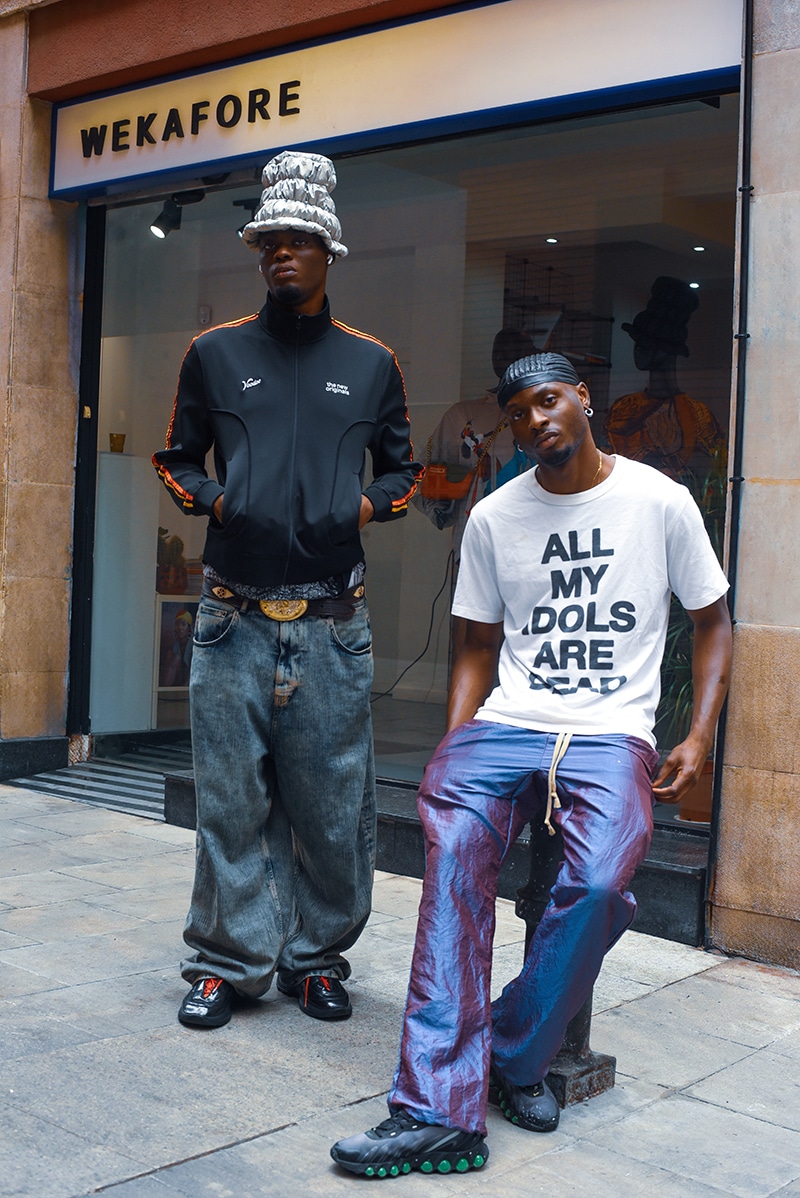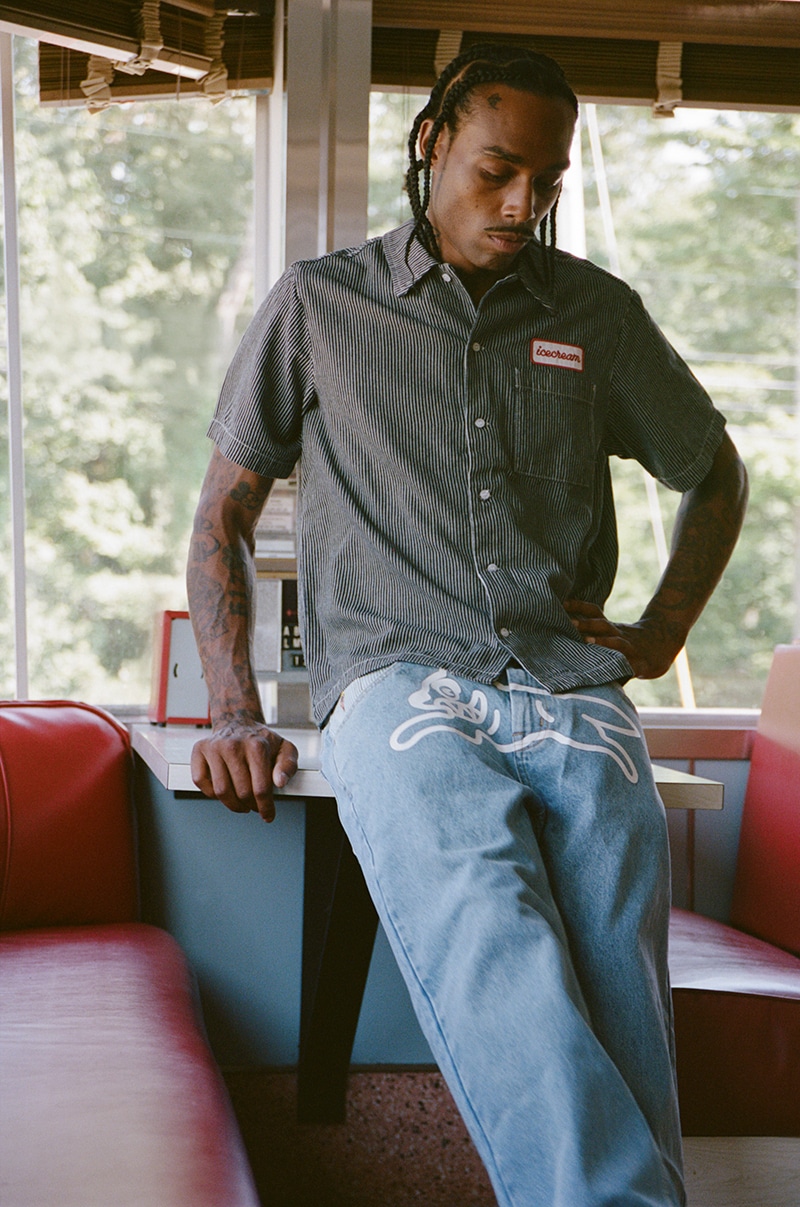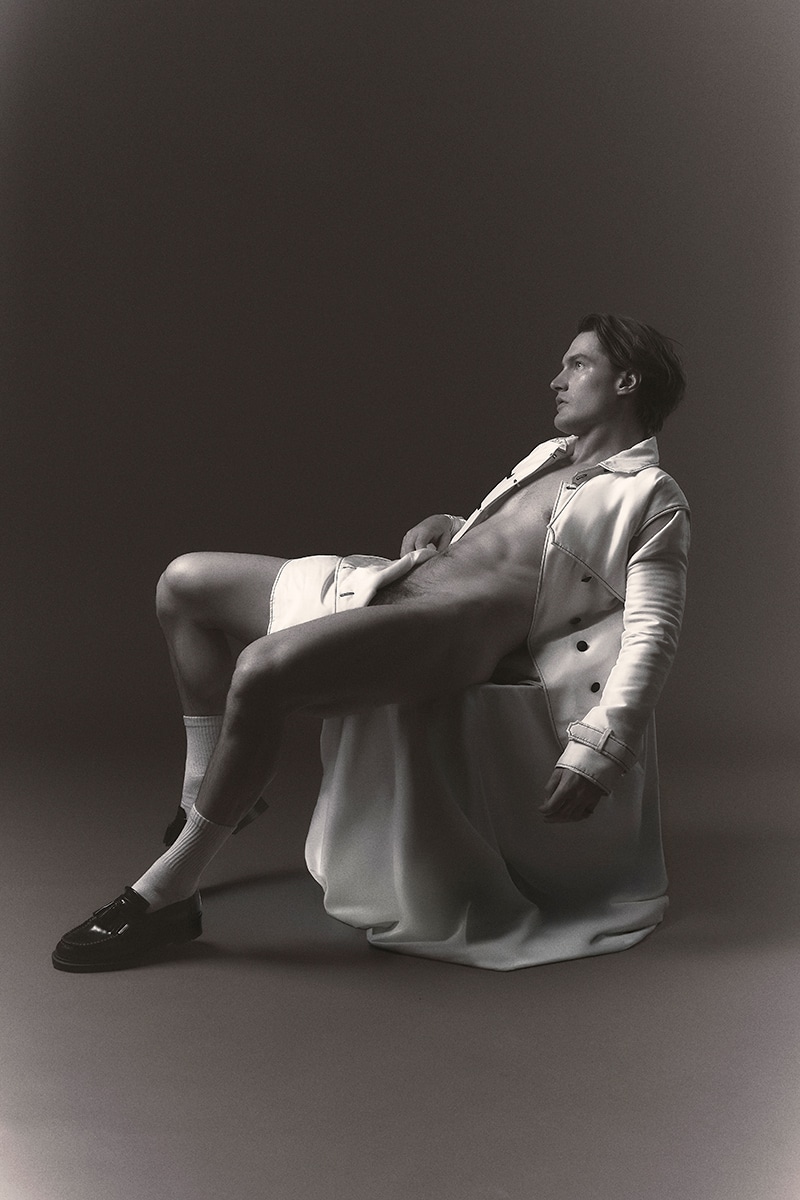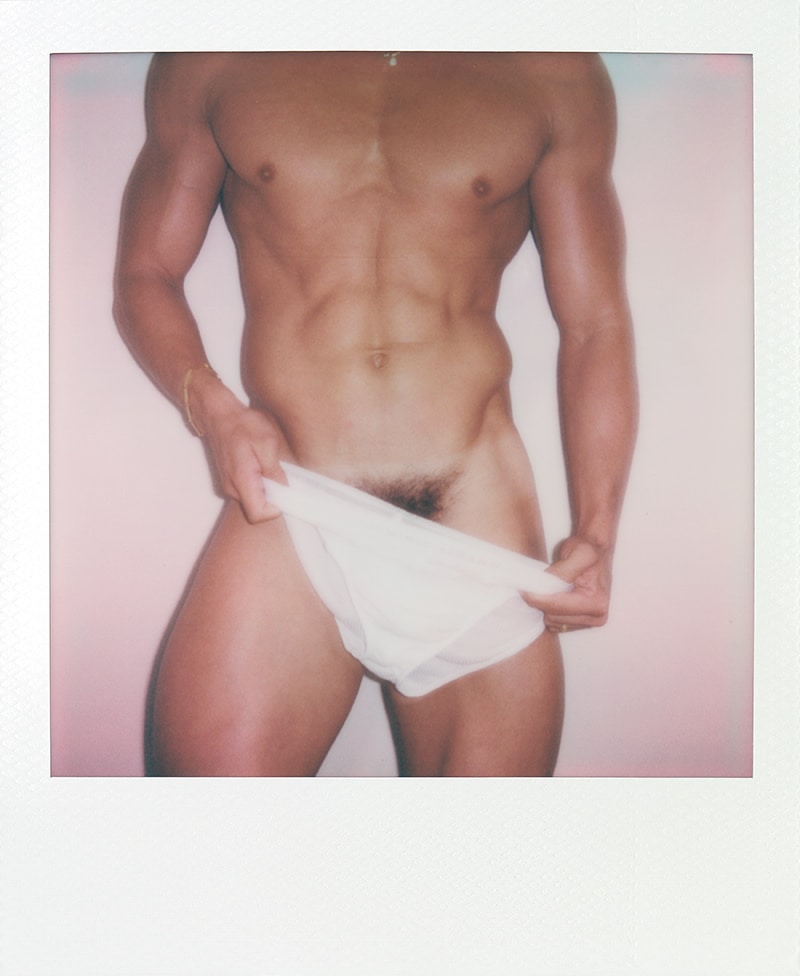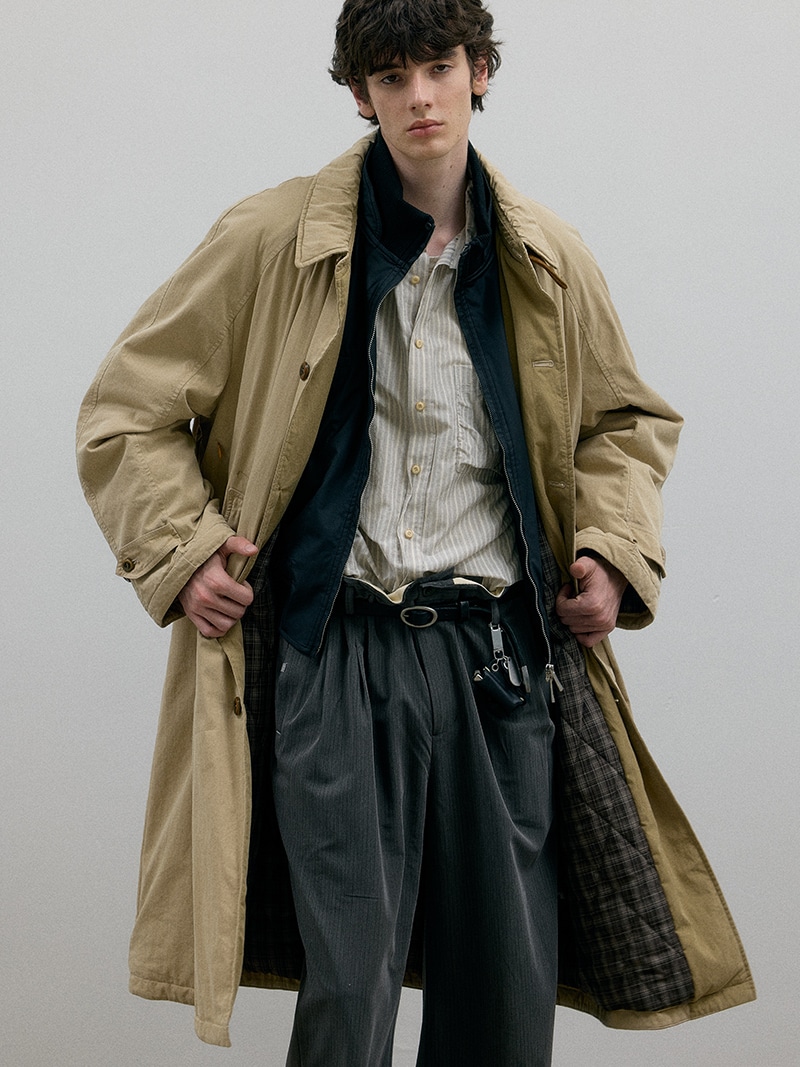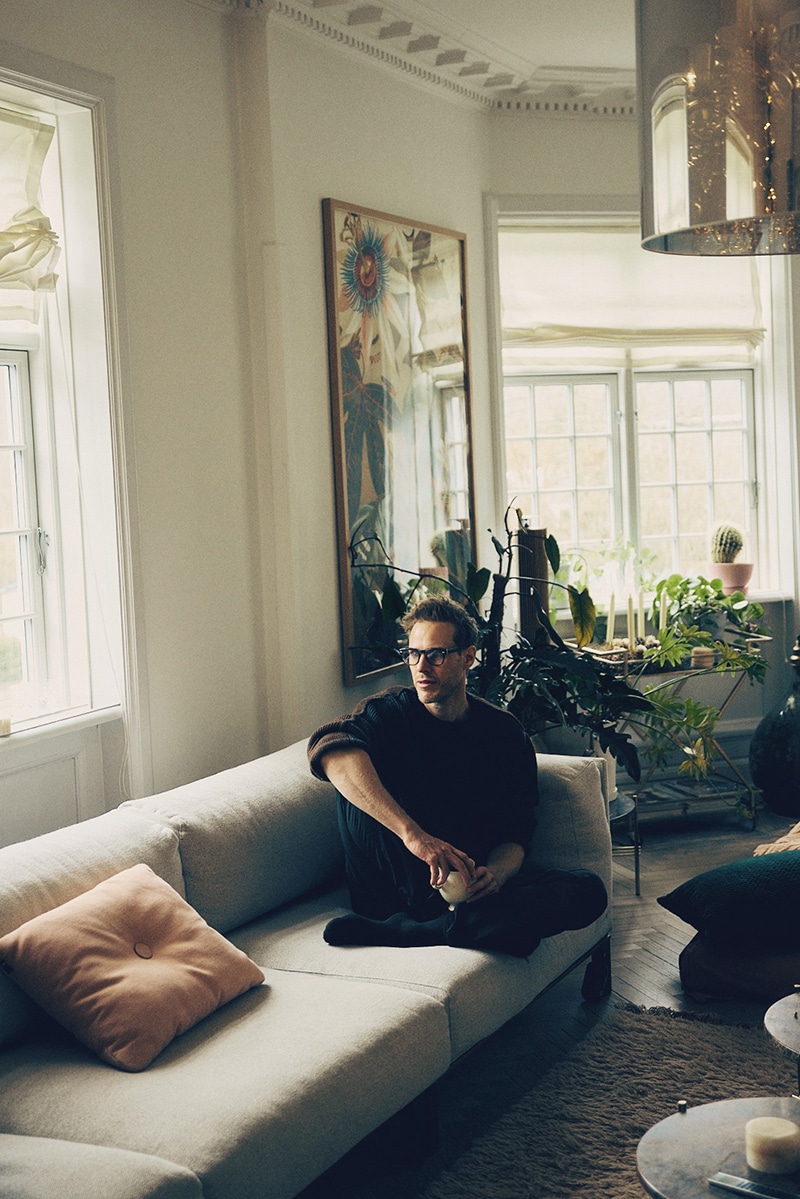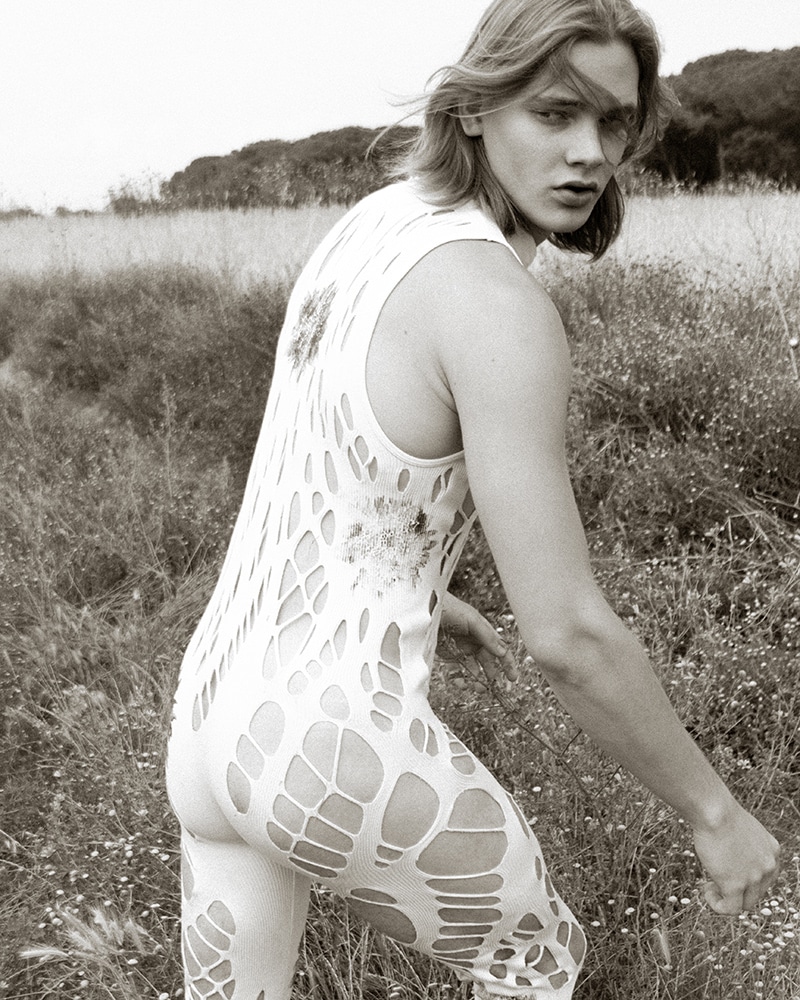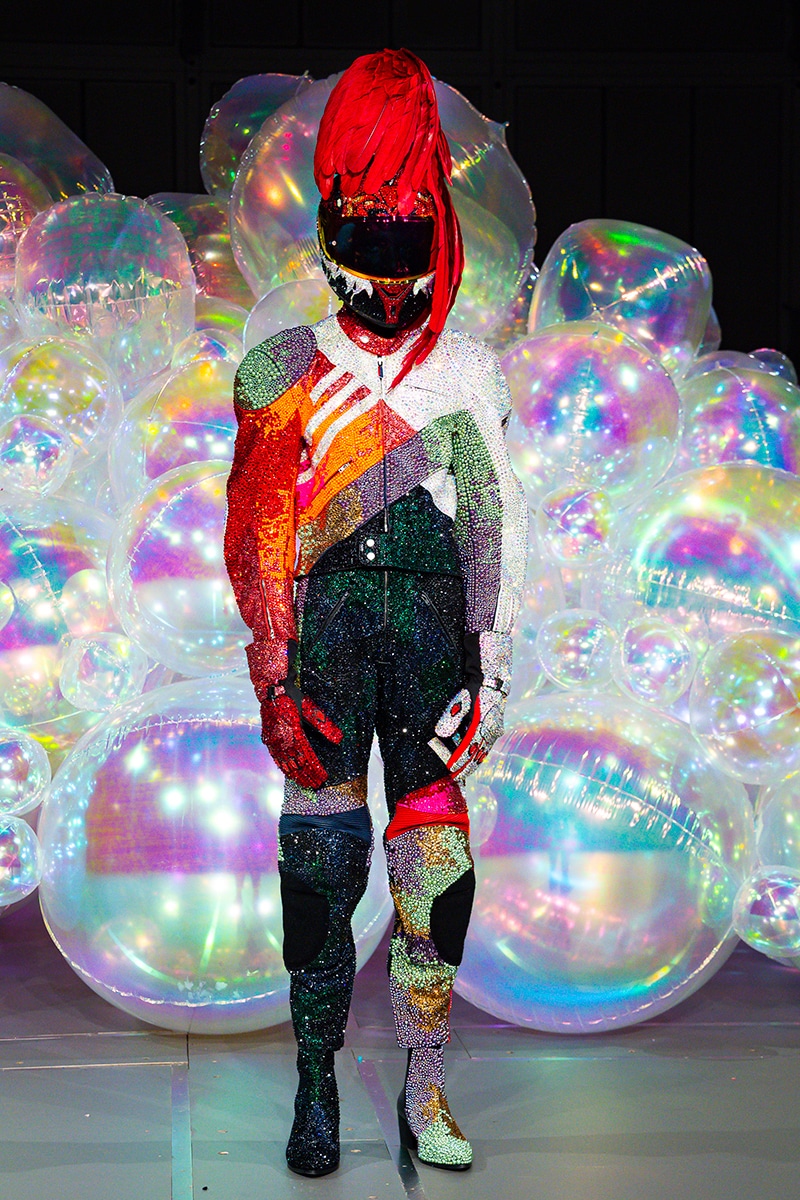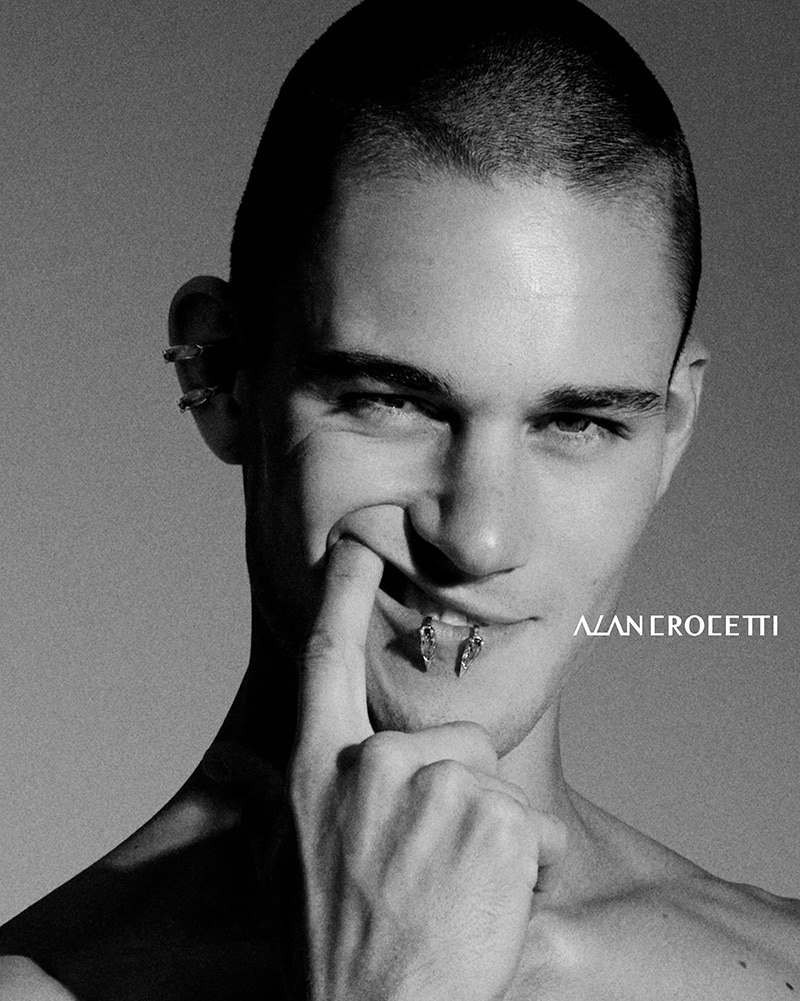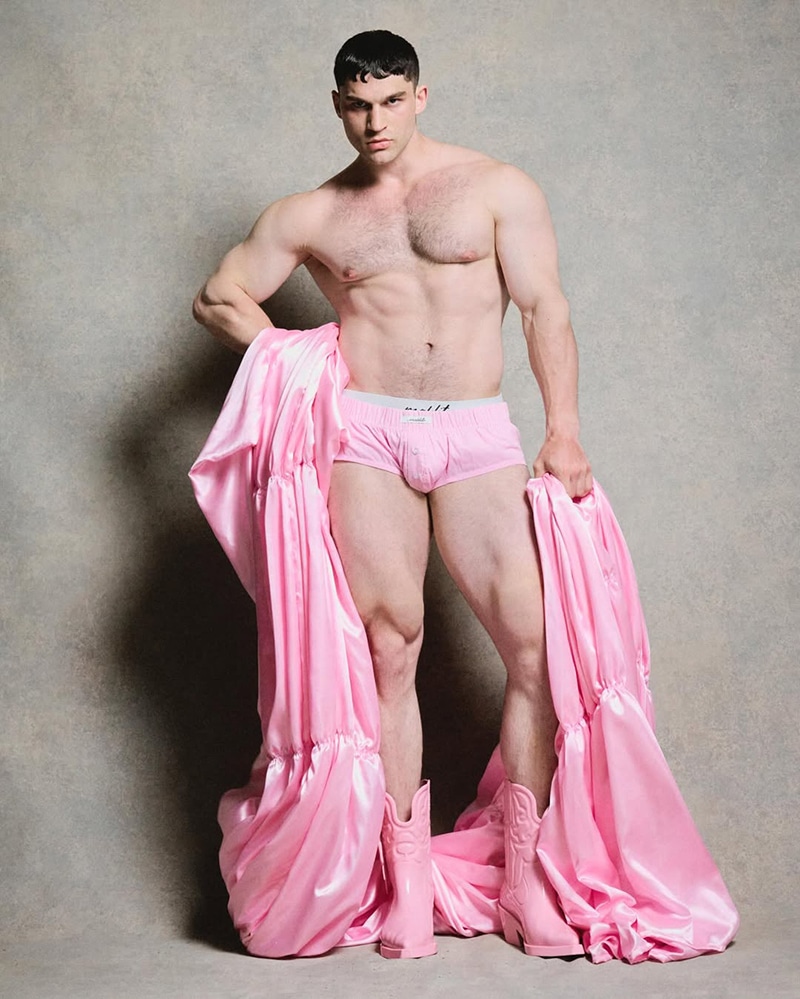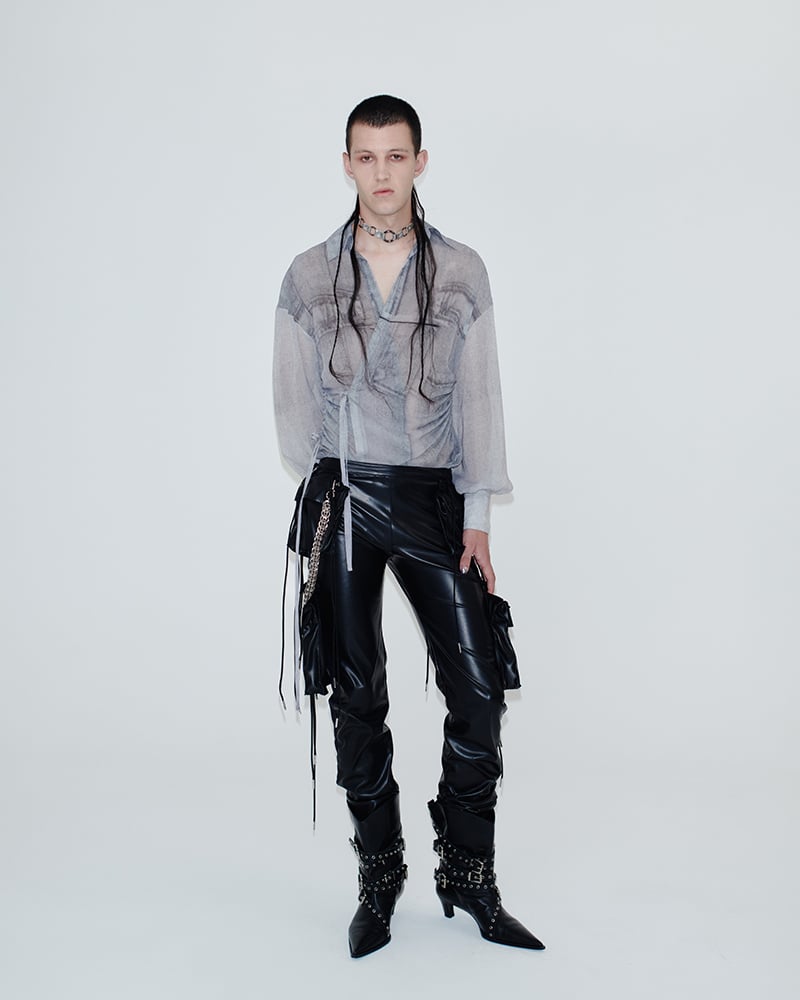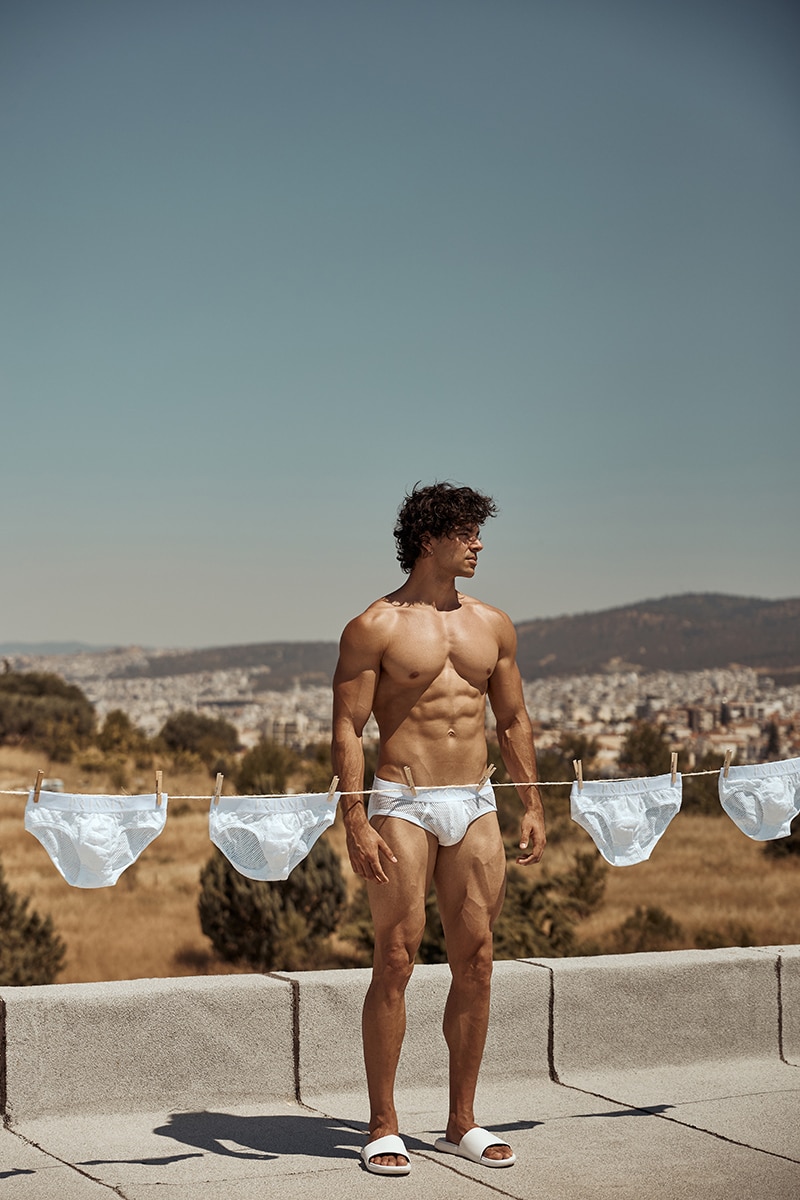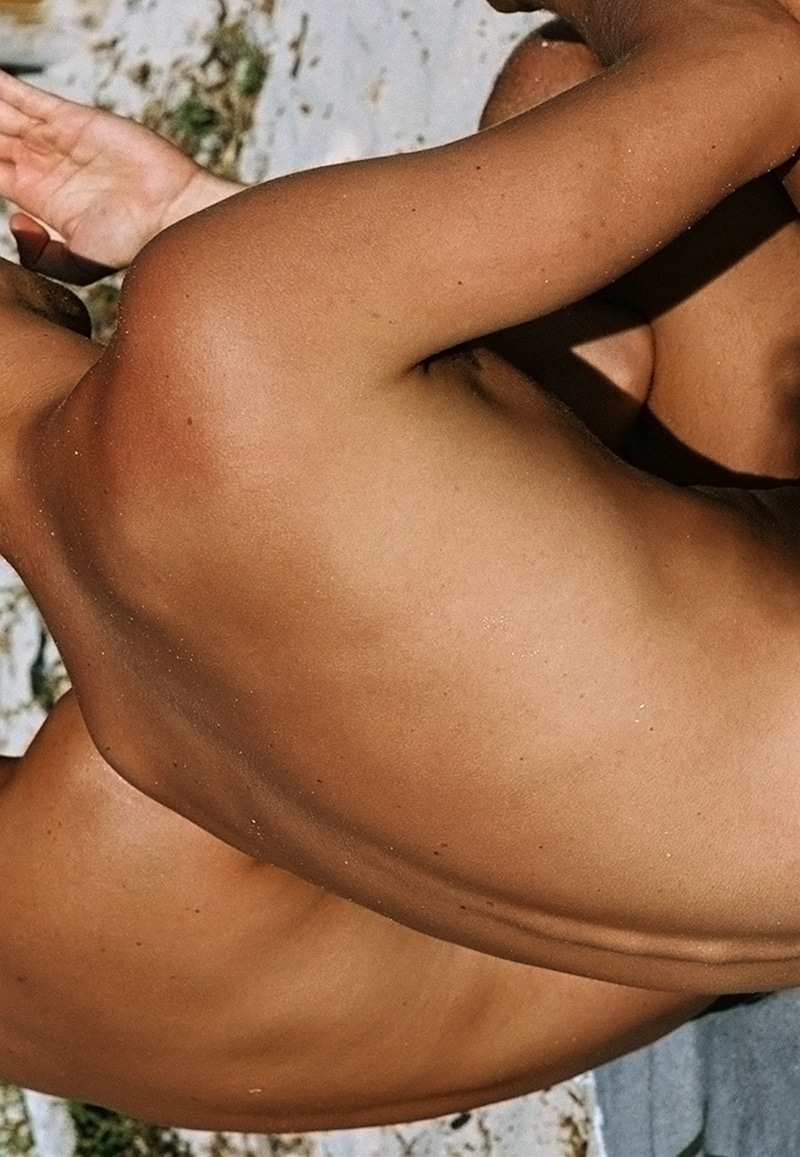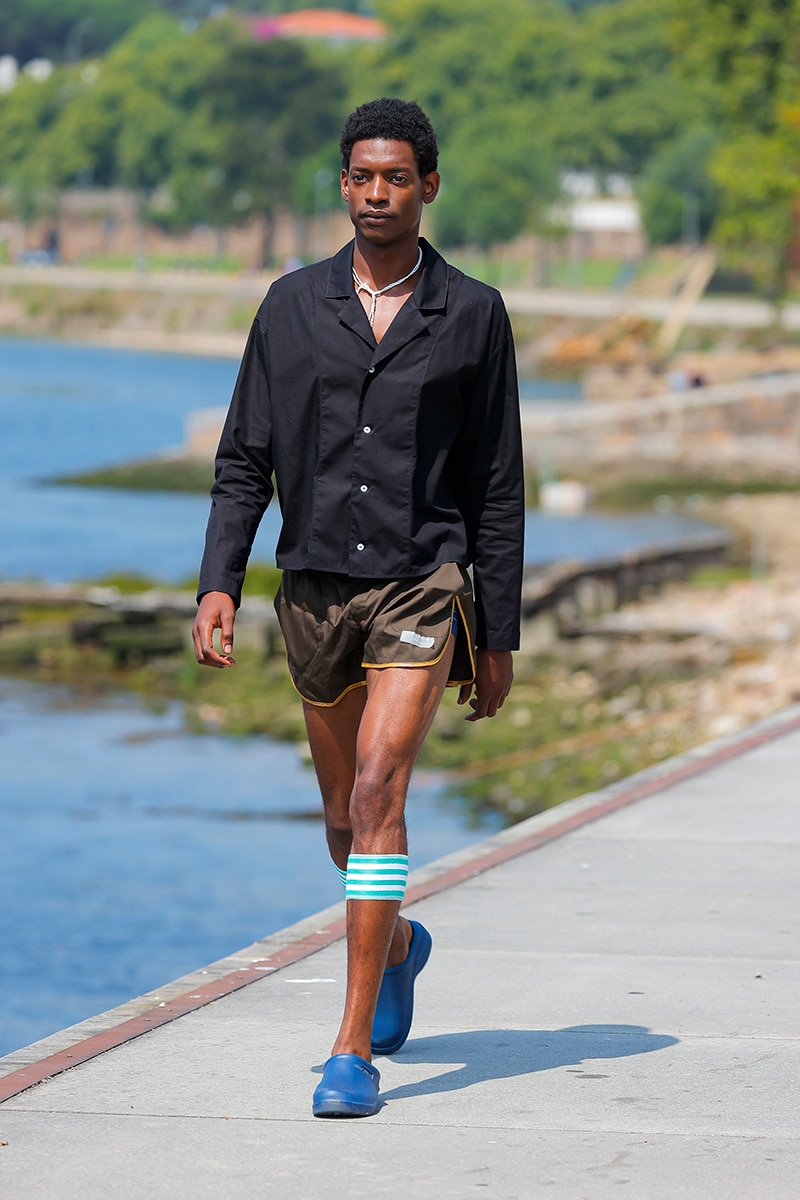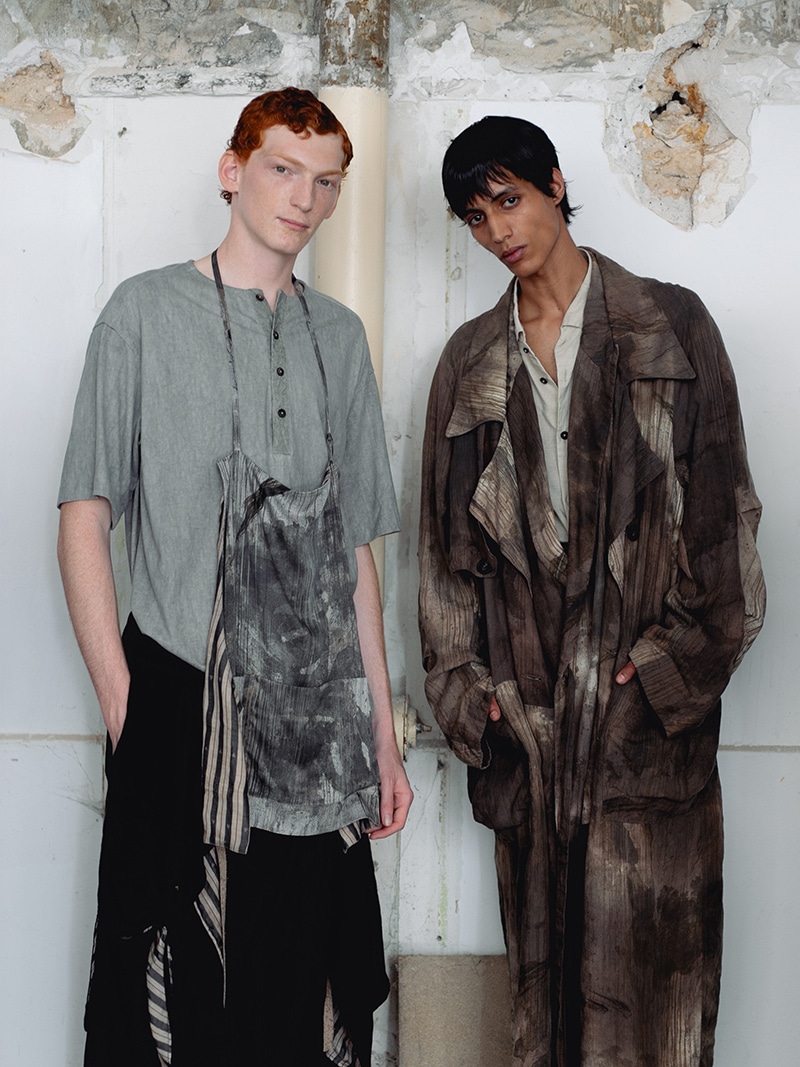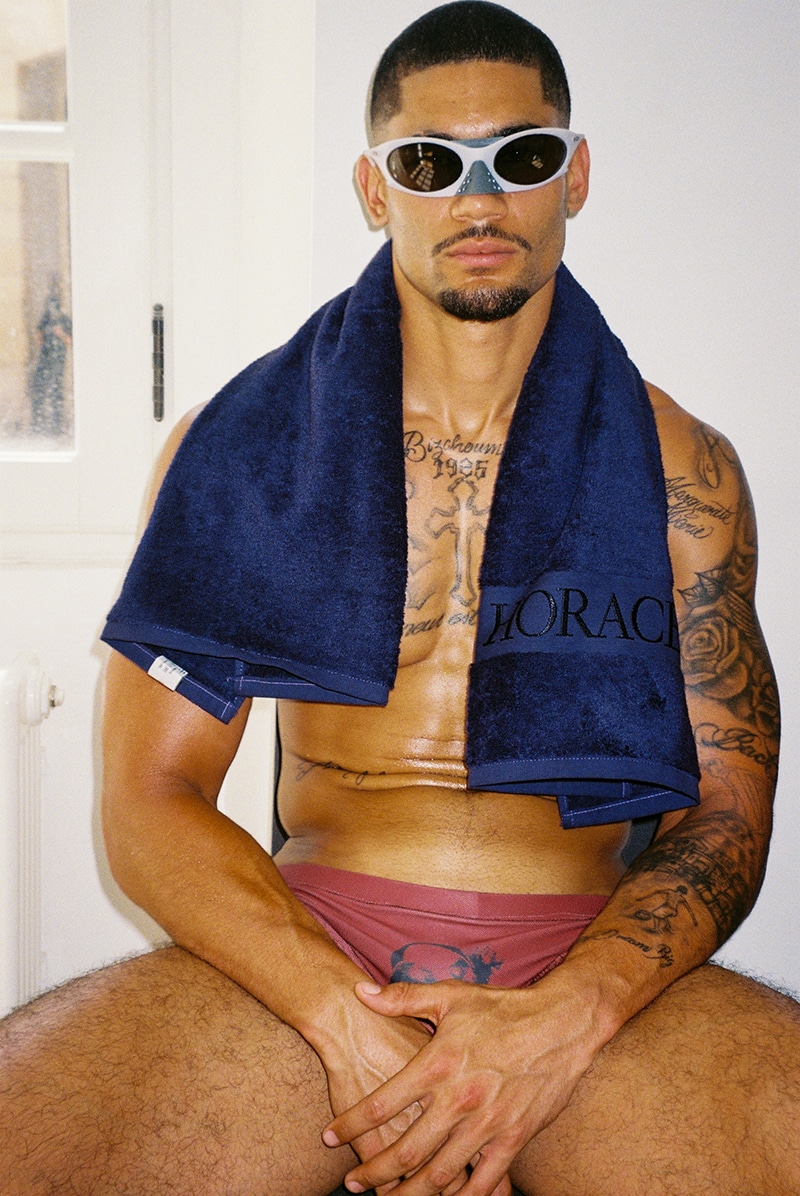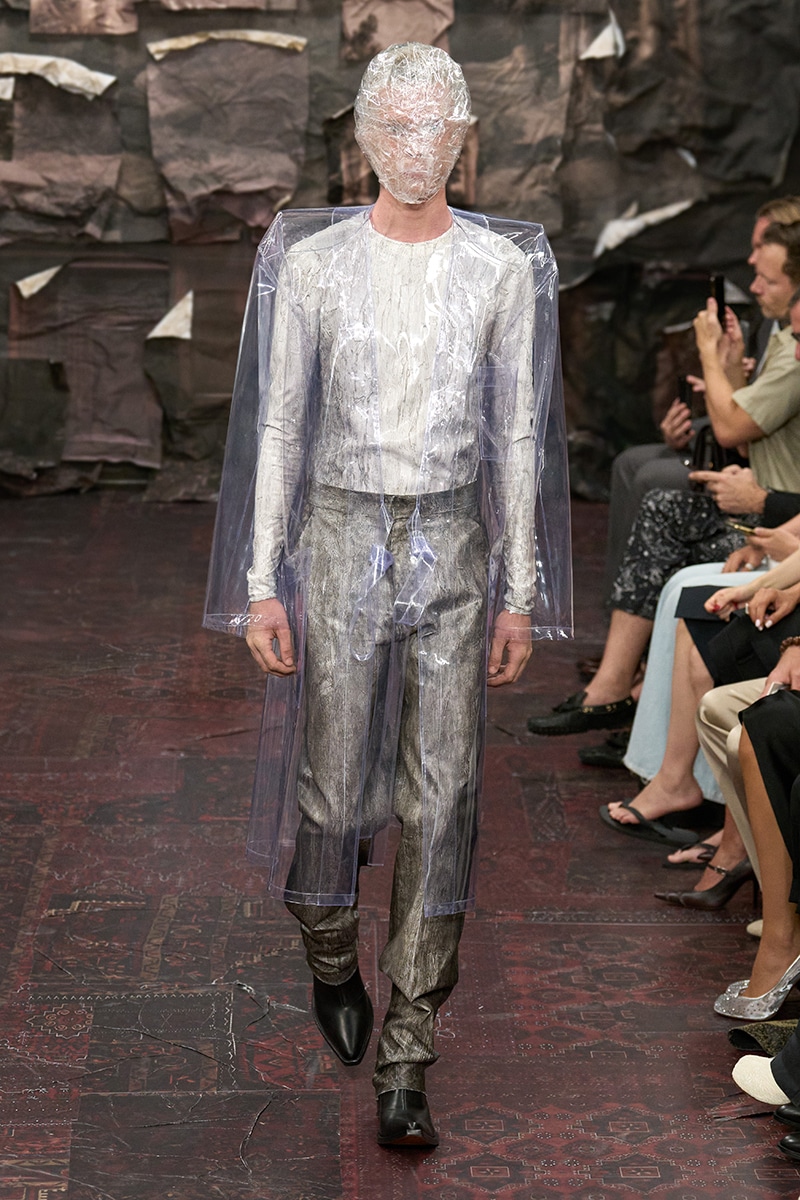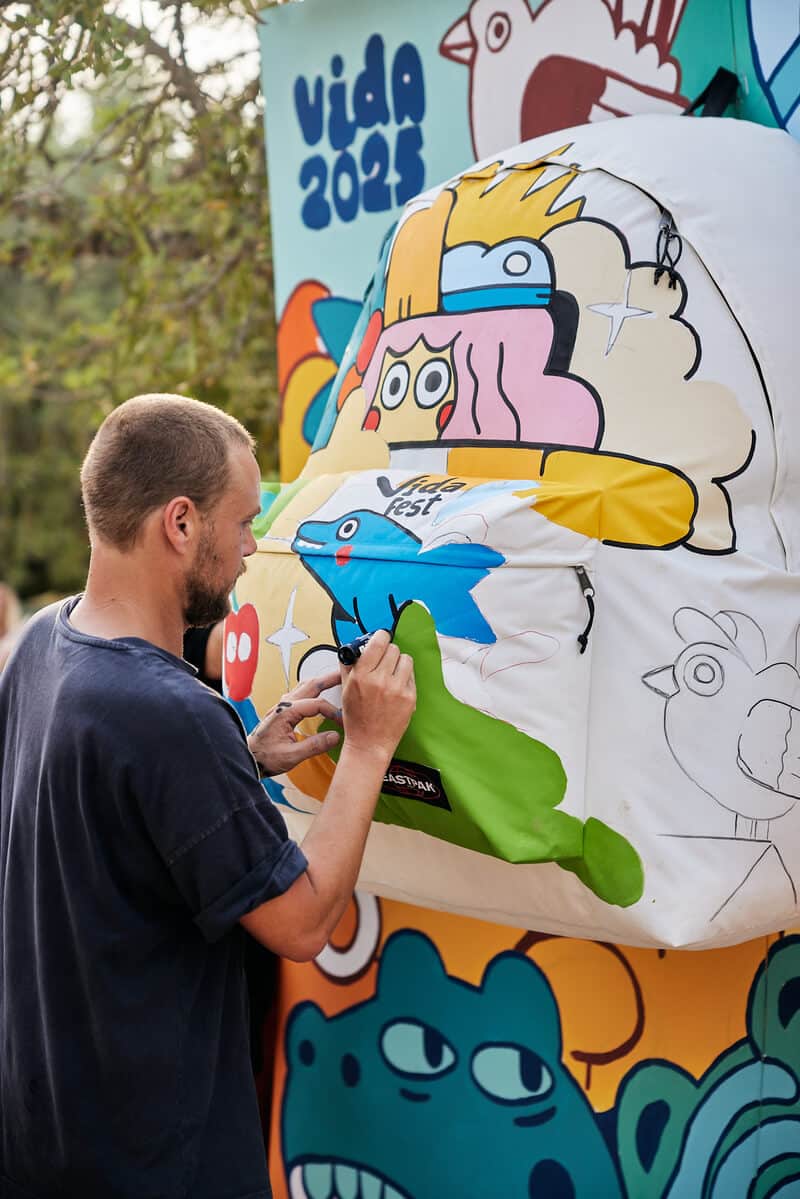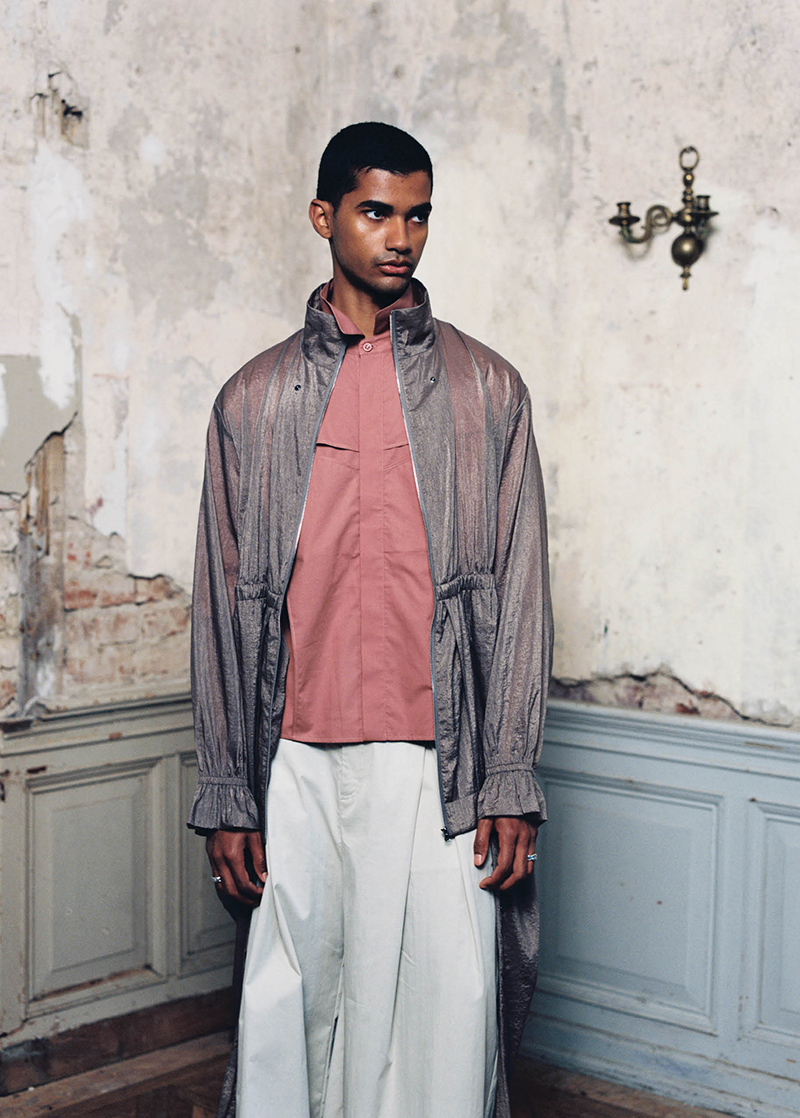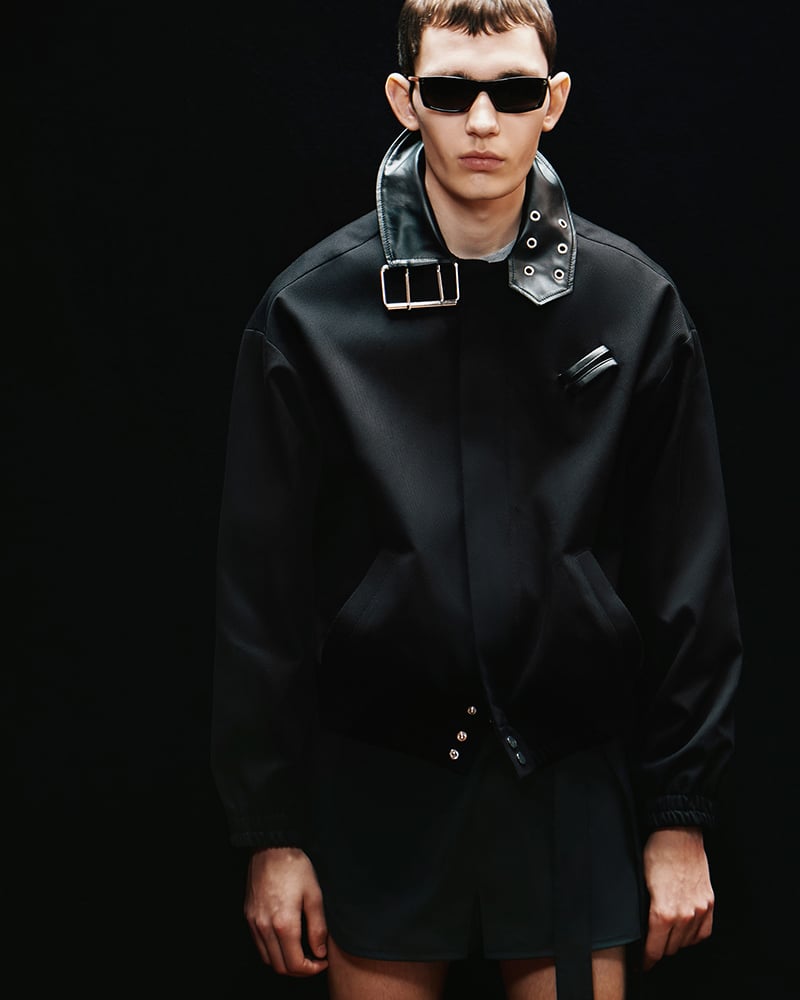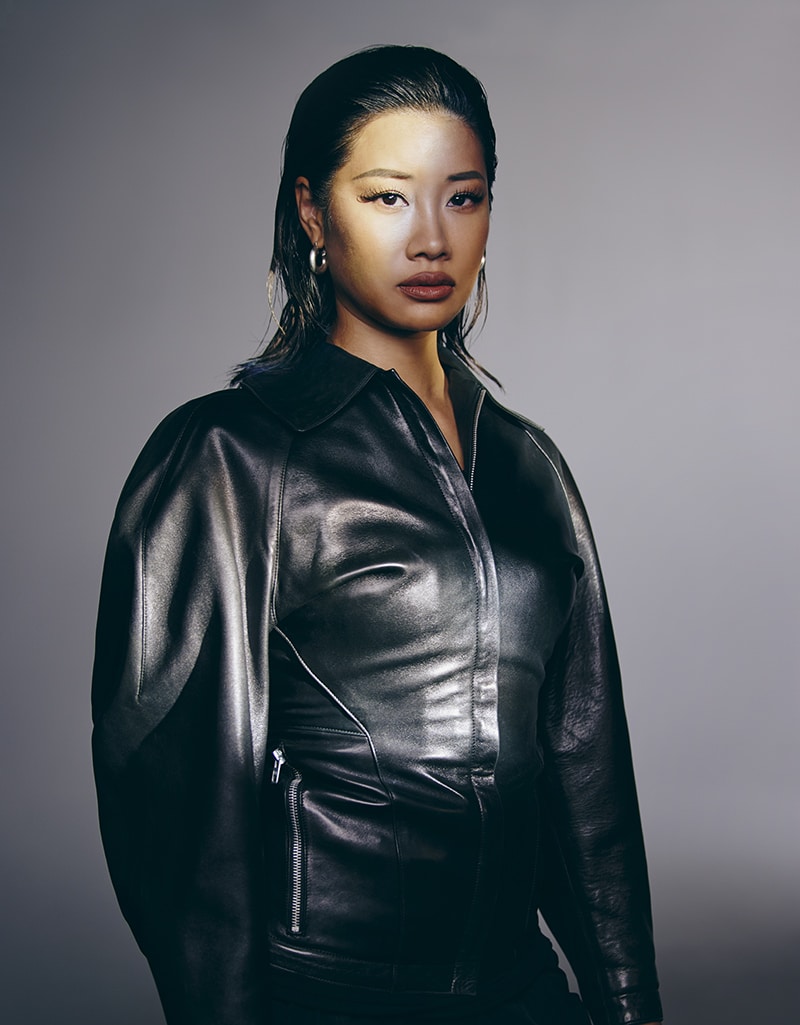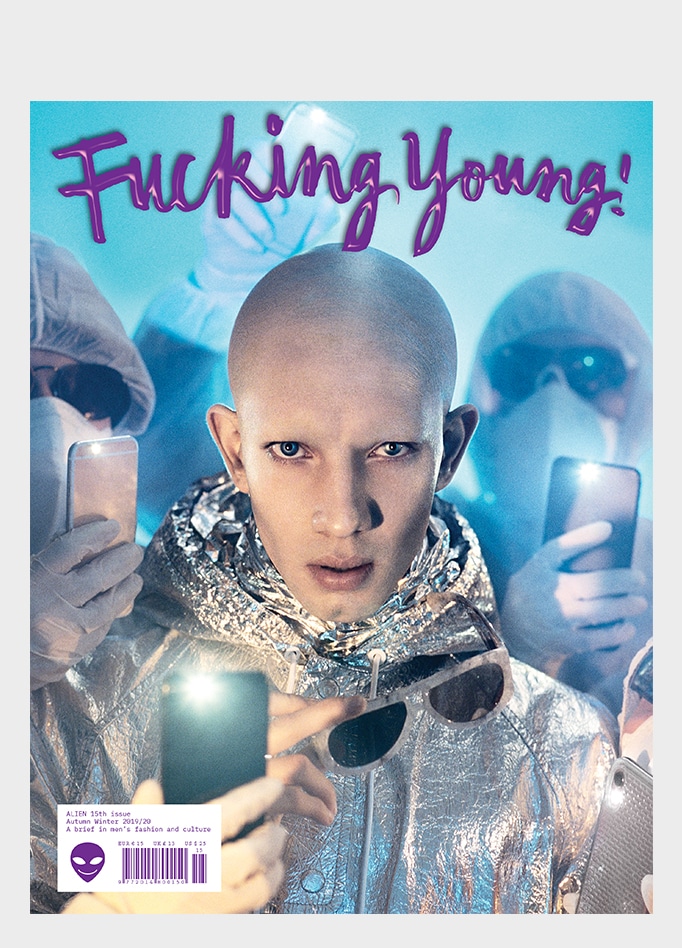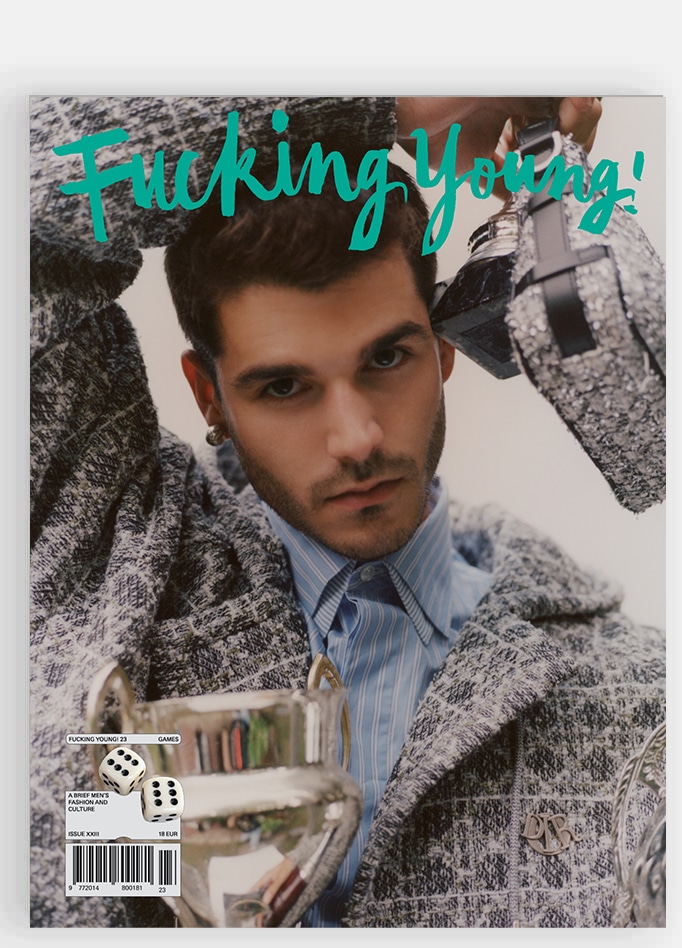
Despite being from Rio I’d never been to the favelas until I met Wesley and his friends, to talk about their movement, Queerlombola. My name is Asafe, and I’m a filmmaker and photographer born in Rio De Janeiro. Brazil is a country enjoyed for its beauty and diversity But growing up I was surrounded by people who were suffocating under the burden of a normal life and I knew I’d rather be wrong than safe.
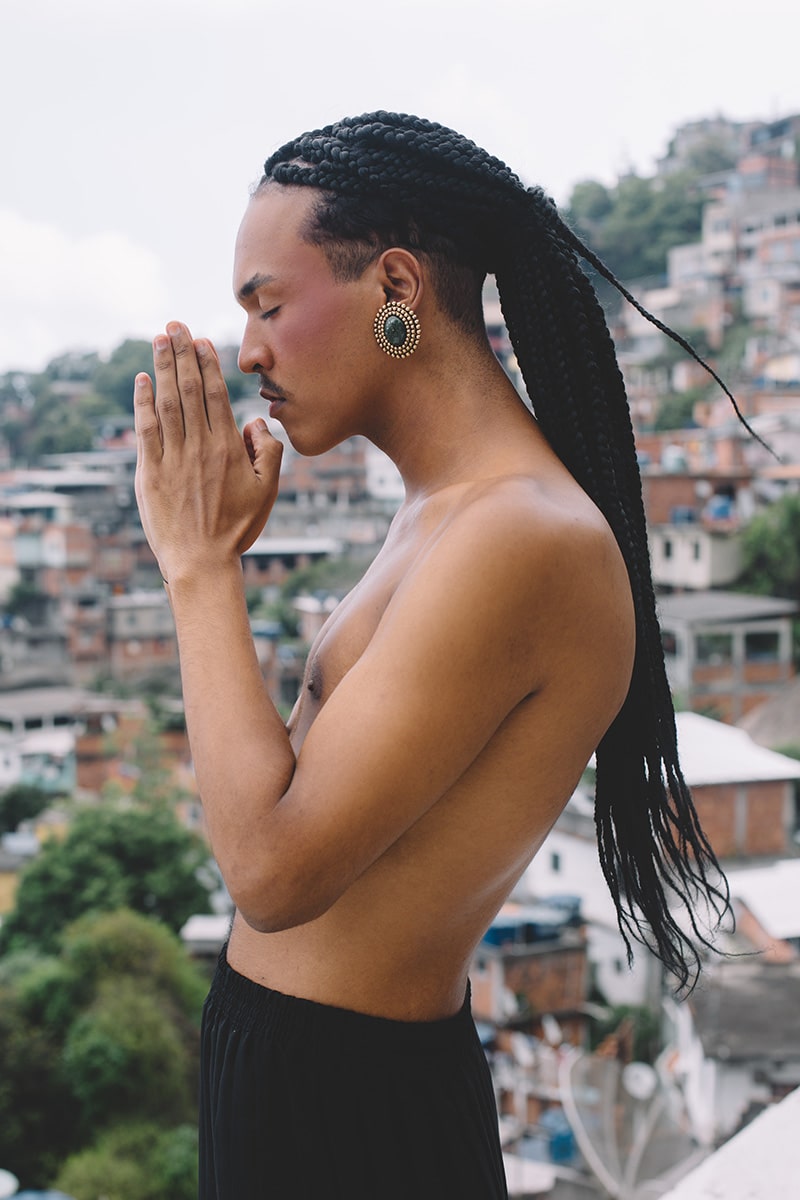
I found that society, rather than see me as an individual and able to create my own identity, wanted to redefine who I’m supposed to be. As a result, a distance necessarily developed between myself and my origins. My reaction was to start looking introspectively and to confront the established social construction, around gender definitions and racial hierarchy.

My passion has become capturing acts of authentic self-expression, where contradictions and excess are allowed. I want to provoke critical examination through visual language and communicate who people actually are.
Established definitions of gender, sexuality, and race, only seem to further embed traditional perceptions. We’ve lost the ability to think critically. Whether race is constructed in the same way as gender or not, these categories always work as background for one or another, and they often find the most dynamic vocalization through one another.
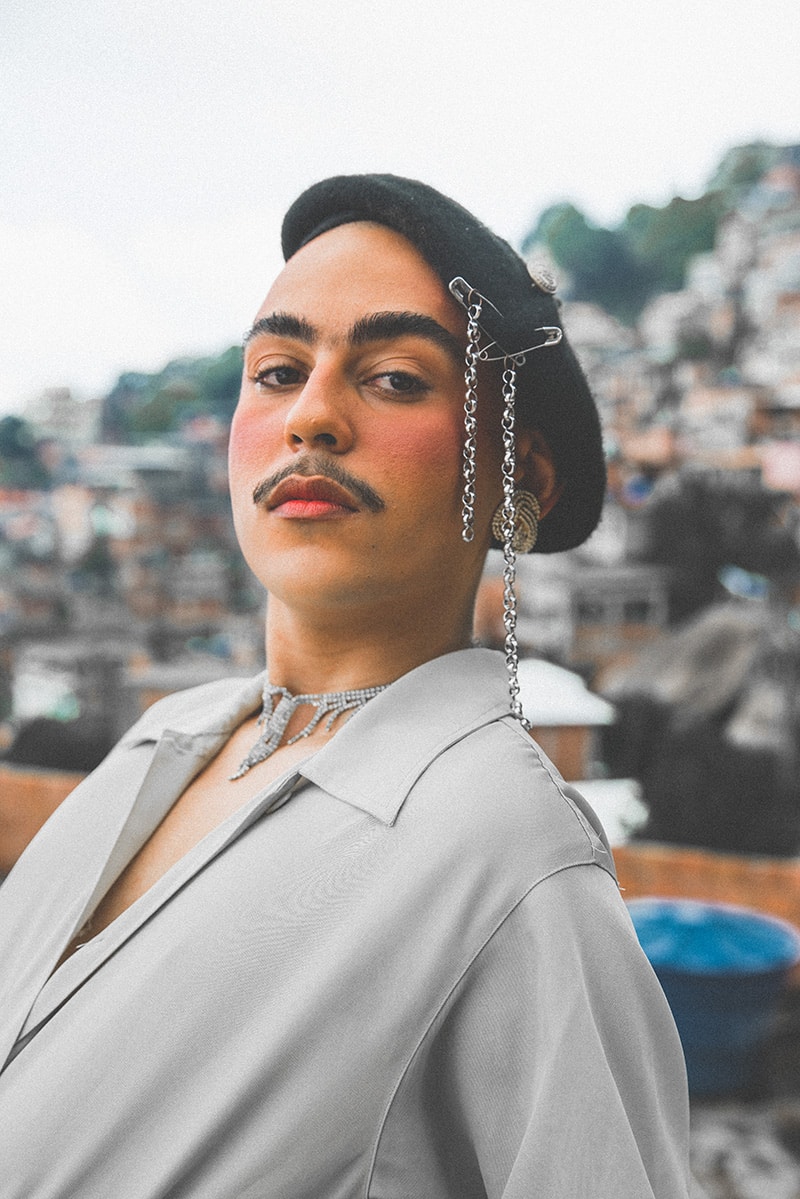

On my recent visit home I was aware of how the battle for the freedom of expression is still a massive challenge for so many people like Wesley. Brazil is divided, and the progressive society we want to build is under great pressure from conservatives.
Marielle Franco, a city councilor for the Socialism and Liberal Party in Rio, spoke out regularly in support of the residents of favelas and against police violence that’s been taking over Rio’s poorest neighborhoods for the past months. Only recently she was tragically murdered, along with her driver, on her way home from an event, and it is alleged this was carried out by the local police force. She was a queer black woman.
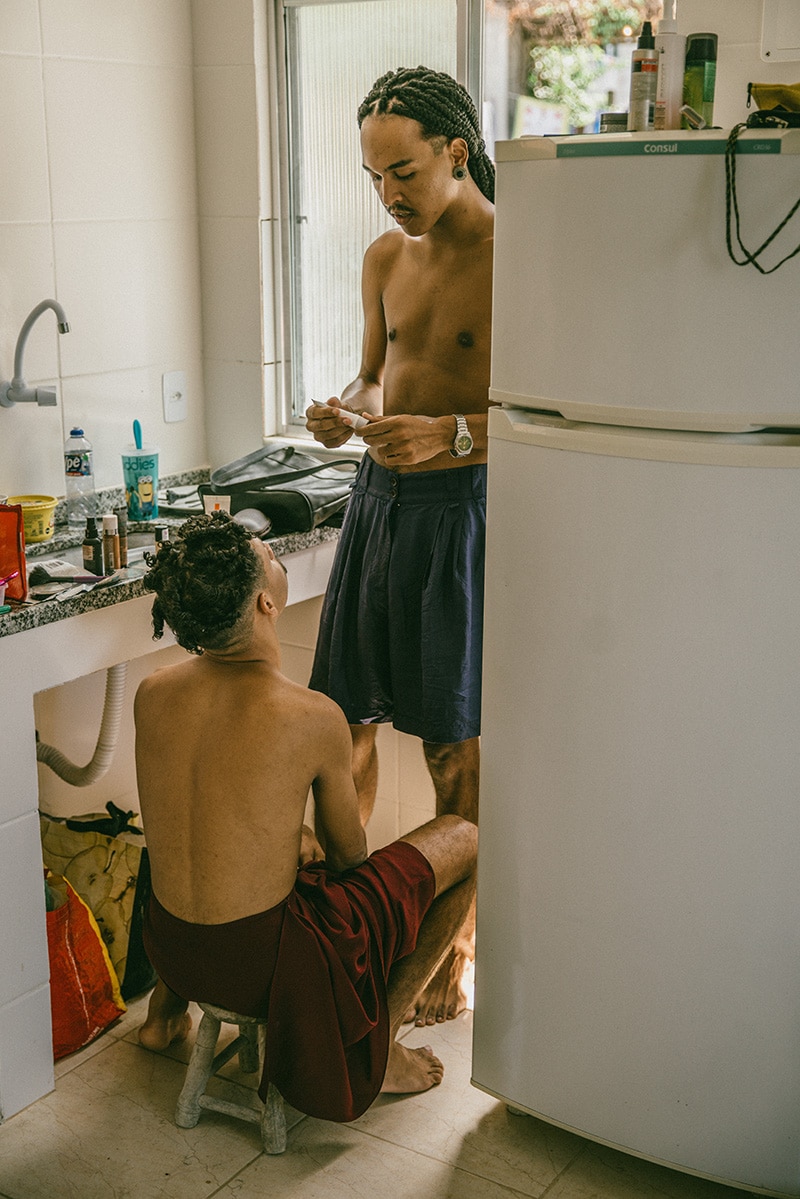
Even more recently, Matheusa, a Visual Artist student known to Wesley and his friends, went missing in Rio de Janeiro and is presumed to have been murdered by members of a criminal faction in the favela in Rio. Matheusa was non-binary, a comprehensive category for a gender that doesn’t identify exclusively as male or female.
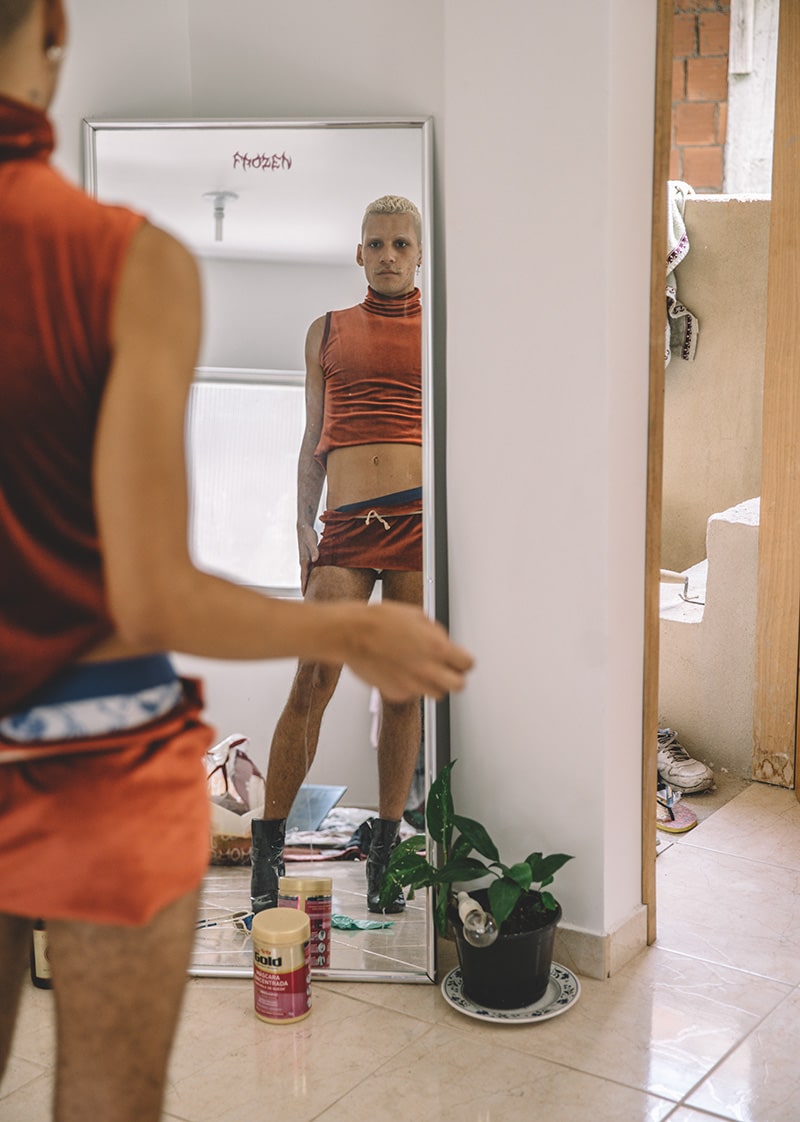
Violent deaths of LGBT people in Brazil have hit an all-time high. Watchdog group Grupo Gay de Bahia recorded a 30% increase in homicides in 2017 in relation to the previous year, going from 343 to 445 last year. This year (from 1st January to 10th April) there have already been 126 recorded LGBT deaths in Brazil. This is happening right now!
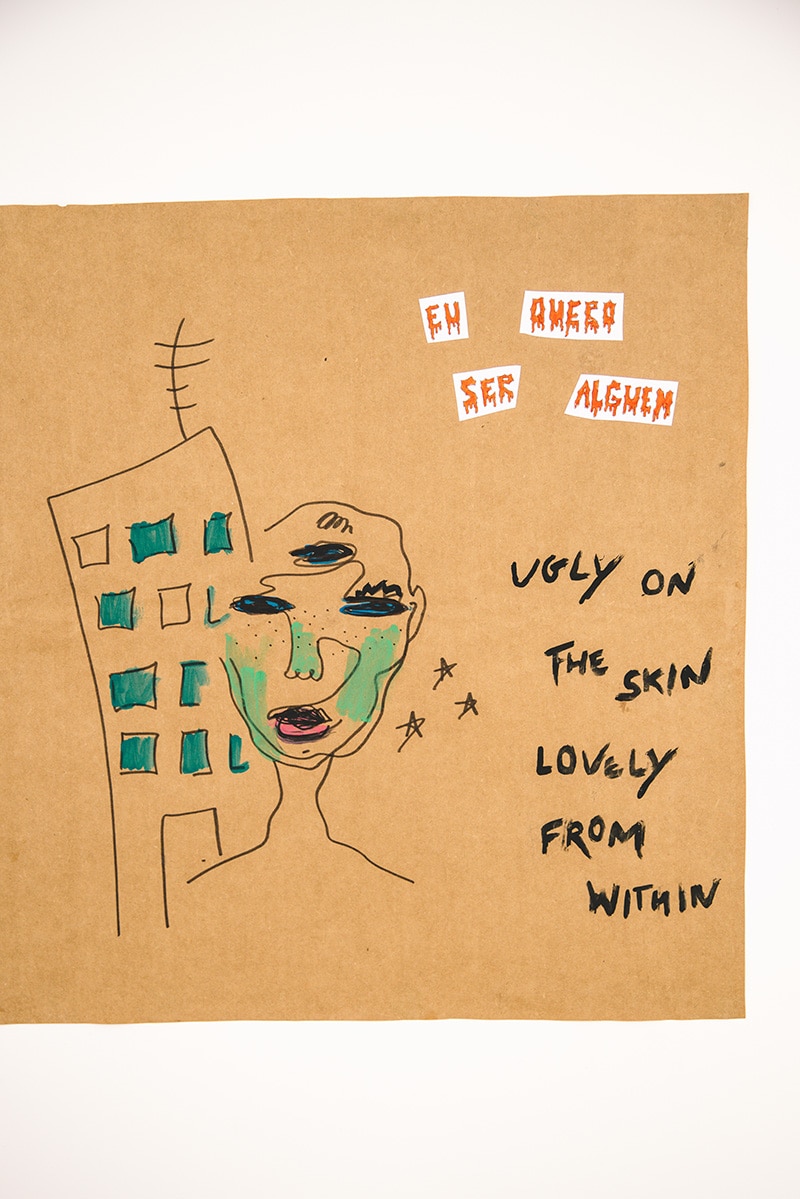
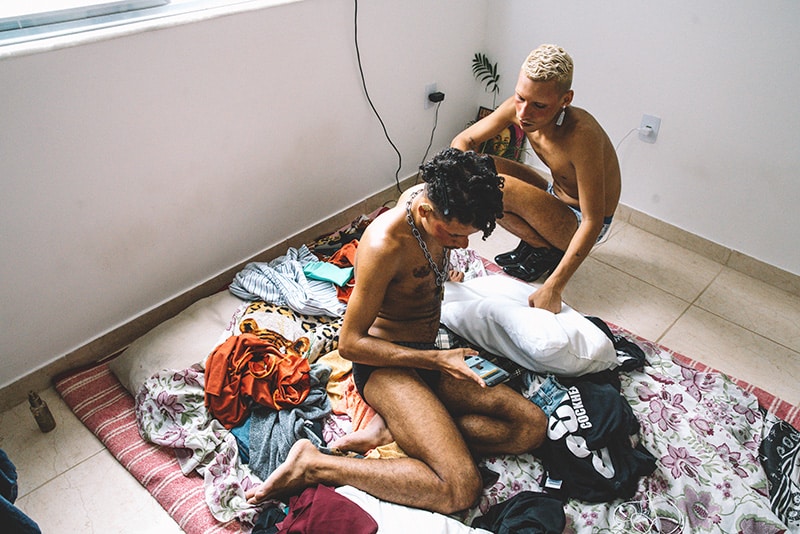
I called the guys to talk about what happened to Matheusa. Wesley said “He was one of us: Brazilian, full of dreams. There are days that I do not want to have a gender, that’s not what defines me. What we look for in our walk is to have the opportunity to exist, to create, to communicate with the world we live in”
While In Rio I met up with Wesley at the favela of Vidgal. When entering his house I could see an open window with the most incredible view, from where these photos were taken.
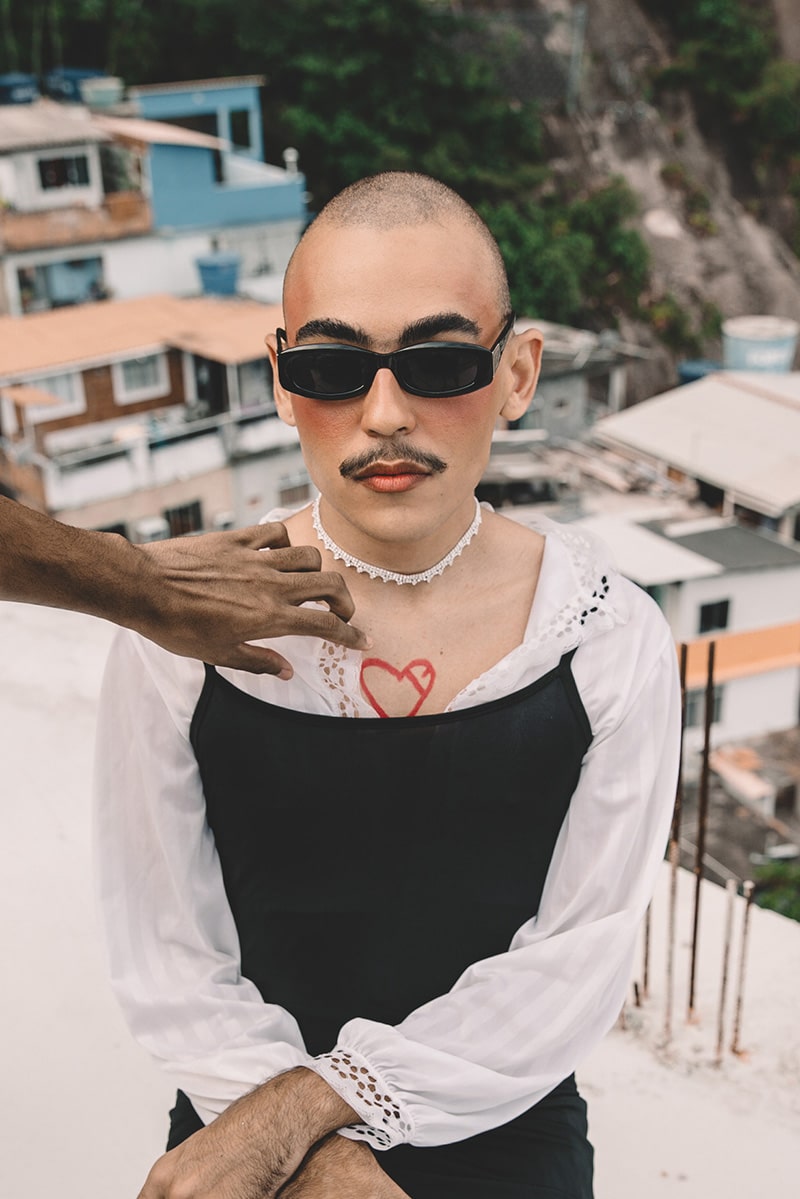
We spoke about their reality. They socialize in an underground movement, creating their own space in the world. Junior explained “we are influenced by our context and global changes, which have resulted in a movement that we call Queerlombola, this is a discussion about gender and race”
The term Queerlombola is a union of the word Queer, and Quilombola, the name adopted by Afro-Brazilian slaves who settled the favelas in Rio after the abolition of slavery.
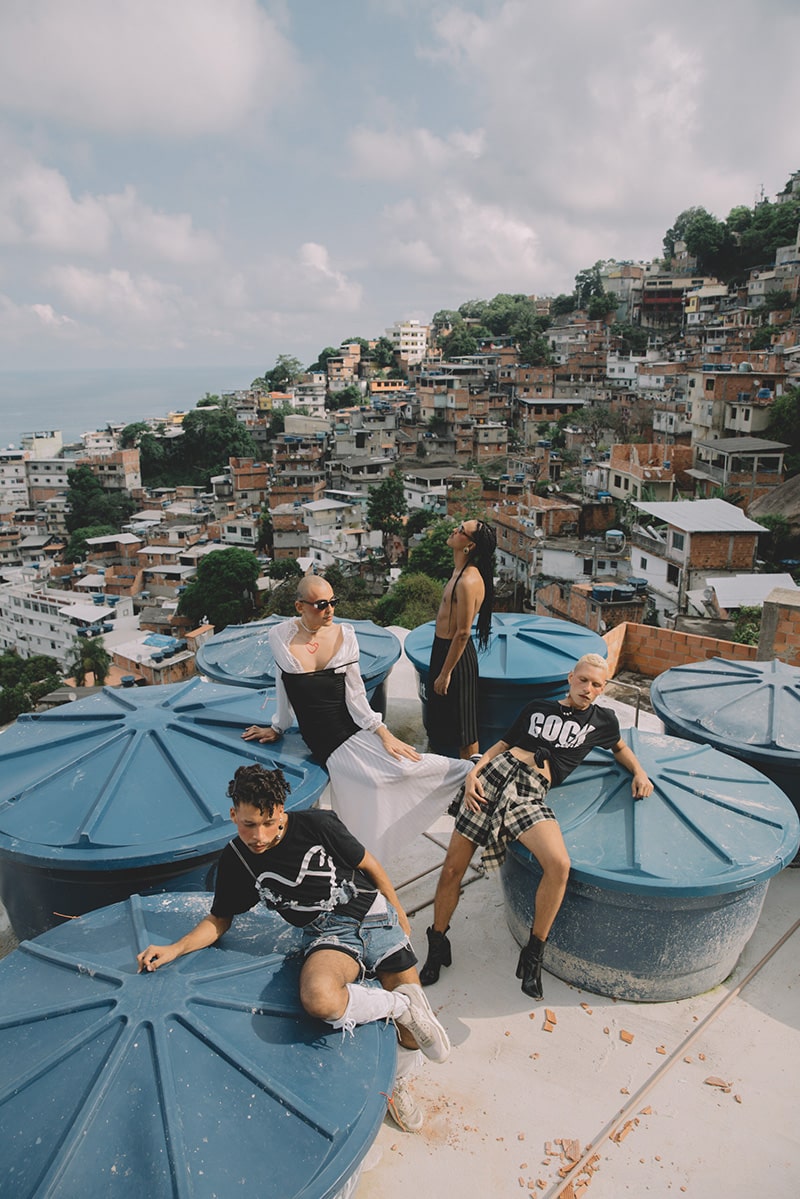
Asafe who had a similar conservative religious upbringing to me, and coincidentally shares the same name, reported “We fight every day when we put ourselves on the street for being, and not knowing if we will survive at the end of the day. Not just fighting for ourselves but giving a voice to those who need support or courage. So fighting for this is a necessity. So is fighting for being alive.”
These friends are trying to create a space for the Queer scene in Rio, which is being energized by the debate that forums on the internet provide with LGBT, gender and body topics. This debate is leading our generation to question and access new places and ideas.
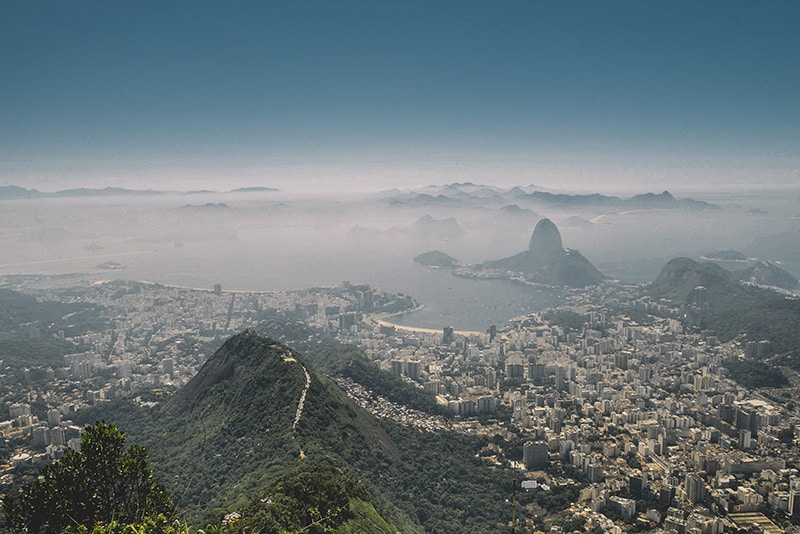
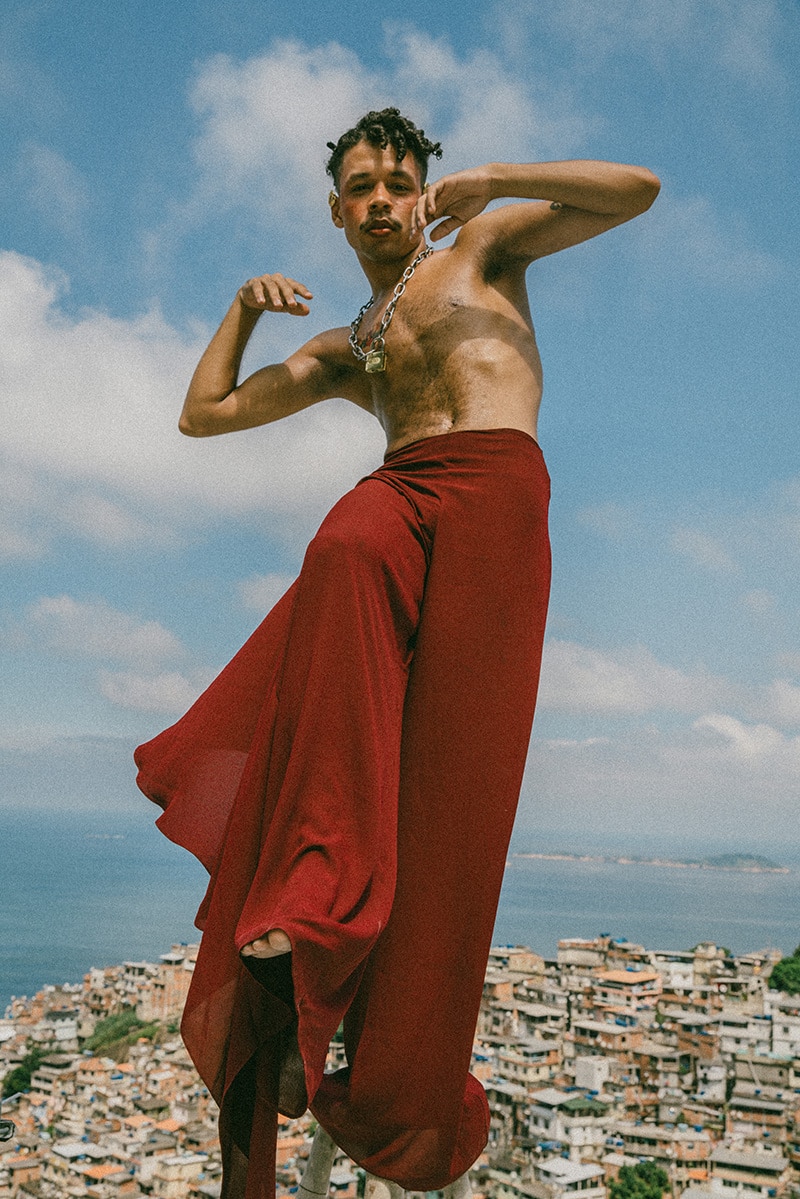
Wesley explains “In this movement, we want to deconstruct gender and race; those binary definitions of who we are and how we express ourselves through our clothes and bodies. We claim new spaces in order to have our own voice. We occupy and create spaces full of love and happiness, our politics are such that we shouldn’t need to “clean” our bodies so others will accept them, we have the right to self-expression”
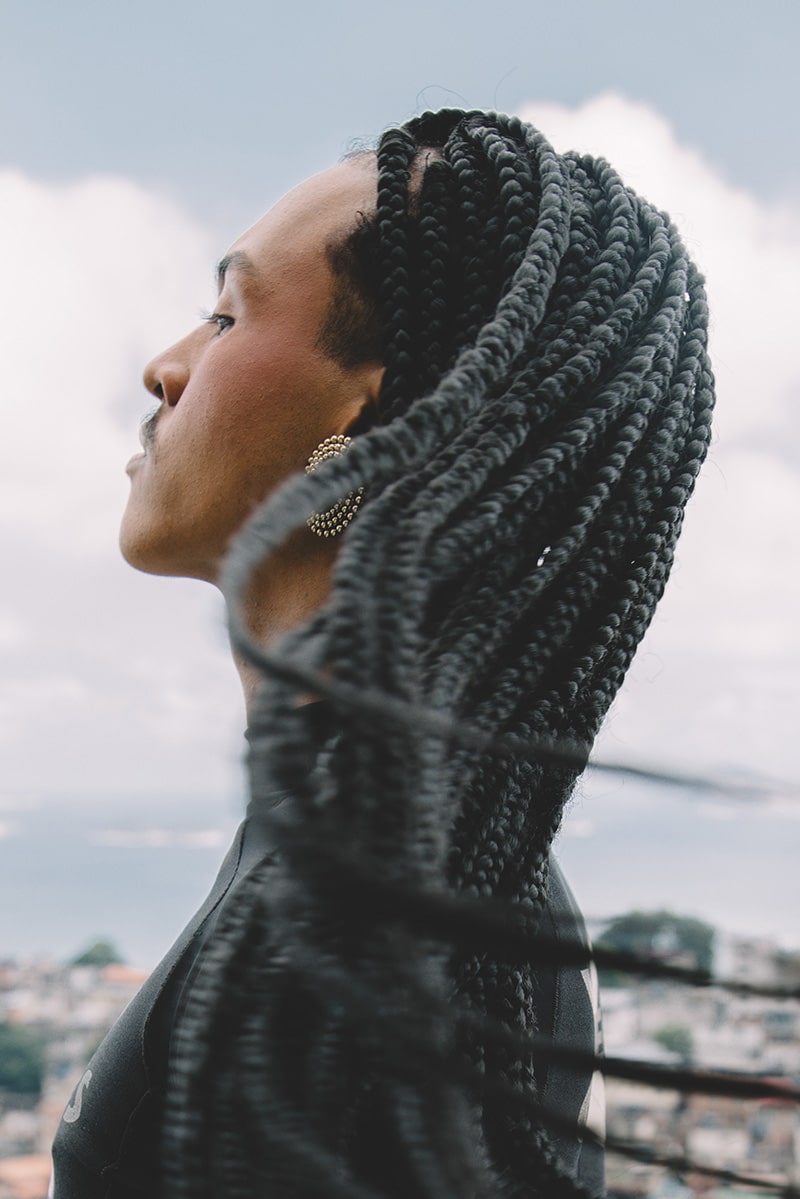
Our society has cultivated pre-conceptions about our bodies, and defined our gender.
Gestures, attitudes, clothing, and accessories all enforce and contrast those gendered
characteristics. The confines of our biological gender merge with our sexual identity and we spend our time trying to learn these codes, repeating the behavior that defines us. The challenge we face today is whether individual identity can be freed from those codes and embrace a less restrictive definition of race, gender and the ability for individuals to express themselves and their sexuality freely.

Photos: Asafe Ghalib
Models: Wes, Junior, Asafe Malafaia, Vinicius
